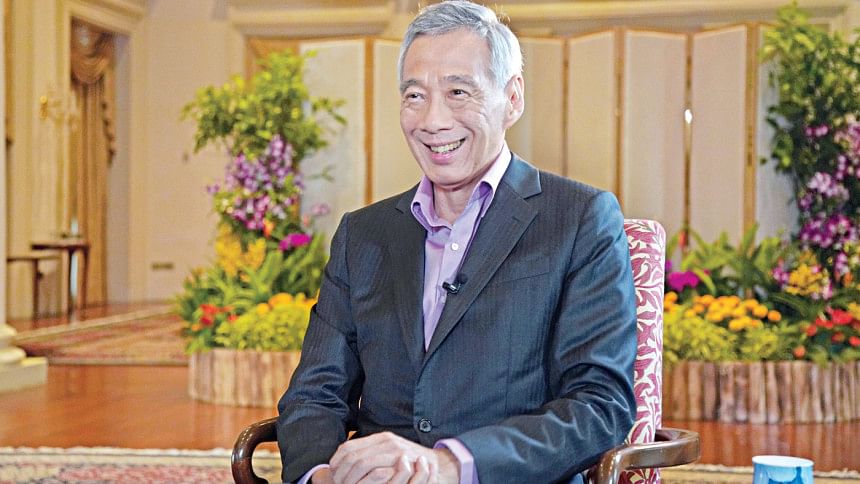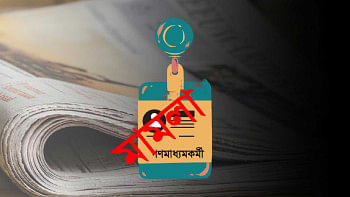Choosing sides not an option

|
"It could happen before you expect it, if there is a mishap".
|
It will not be possible for Singapore to choose between the United States and China, given the extensive ties the Republic has with both superpowers, Prime Minister Lee Hsien Loong said yesterday.
Many other countries are in a similar situation, he added during an interview with the BBC, saying they would be hard pressed if forced to pick a side.
"I hope the time does not come," he said when asked which one Singapore will choose when the time comes.
The past few years have seen a significant deterioration in ties between the US and China, with their rivalry set to continue in spite of the change in administration in Washington.
With both sides exerting their influence on allies and partners, it has become harder for countries to stay in the middle. The administration of US President Joe Biden, for instance, has called for a review of how the country buys strategic goods, saying that it will work with like-minded countries.
Asked if it is realistic to sit on the fence in light of these developments, Lee said: "I do not think we are the only ones in this boat."
He cited the European Union, which had signed an investment agreement with China before Biden took office.
Reiterating Singapore's position of assessing and making a judgment as to which course of action is in its best interests, Lee said: "Generally, it is that we want to be friends with both, but we have to find our own way forward."
He also noted that competition and tension between both superpowers is inevitable in the Asia-Pacific region. But he emphasised that they have to coexist.
Unlike the former Soviet Union which had an unsustainable economy and was pushed to the brink during the Cold War, China's economy has a lot of resilience, tremendous energy and creativity, and people who are on the move and are making great progress, he added.
The US, too, may have serious political schisms and problems, but has got tremendous vitality and attraction for people around the world, he added.
"It has come back from many difficult spots before. In that situation, unless the two powers decide to coexist, they are both in for a hard time, and so are we," he said.
Asked whether the US had to accept that it is no longer number one, Lee said: "The US is still number one, but number two is not so far behind. That is what is difficult for the US to accept."
On tensions escalating, he pointed out that a real military conflict between both countries "could happen before you expect it, if there is a mishap".
However, Lee added that the odds of a military clash are not yet high, but it is more likely now than five years ago, as domestic calculations have become paramount for both sides.
"It is understandable. China is in a new position now, and you have to set a different balance in your relationship with the world," he added.
"What the world was prepared to grant you in an earlier phase now has to be reworked, and that is quite difficult for a country to accept."

 For all latest news, follow The Daily Star's Google News channel.
For all latest news, follow The Daily Star's Google News channel. 



Comments